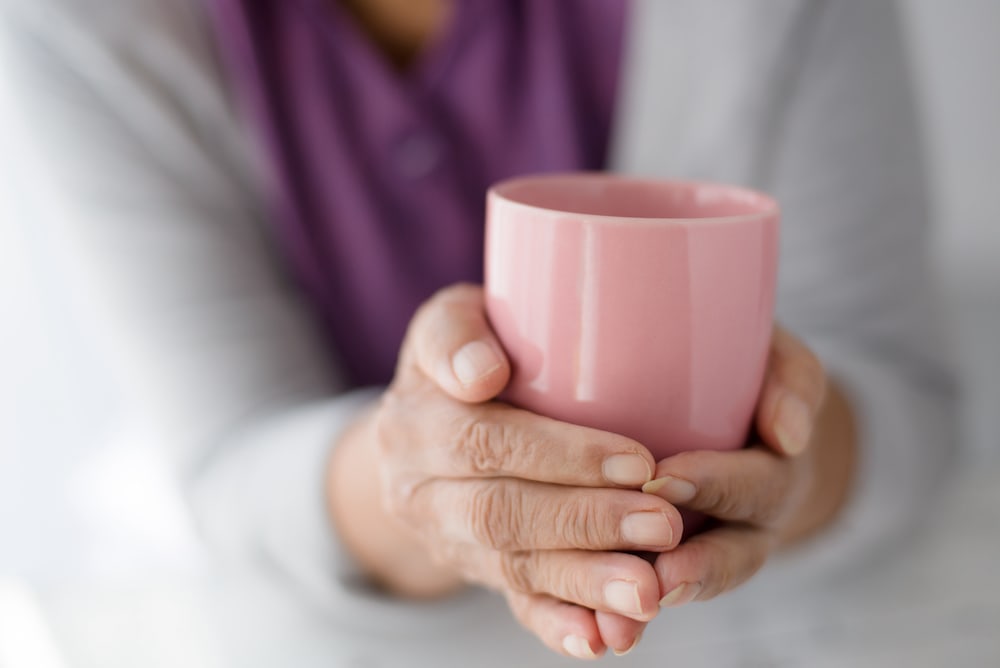
Seasonal Affective Disorder (SAD) is an illness caused by a lack of sunlight during the winter months. It can lead to low energy, depression, and hopelessness. The good news is that there are many things you can do to help your senior cope with SAD. In this blog post, we will discuss steps for seniors to take over time and helpful tips on how you can best help your loved one in their time of need.
1. Encourage Them to Exercise Regularly
The best way to handle SAD is exercise. When you exercise, you get your blood pumping at an increased rate, which increases the number of neurotransmitters released in your brain. These neurotransmitters are called endorphins and are responsible for feeling good about yourself. If you want to take this one step further, you can also encourage your seniors to do activities that they enjoy doing. These activities will make them feel better about themselves and get their mind off of the fact that they may feel depressed during the winter months.
2. Encourage a Healthy Diet
Another helpful tip to help seniors handle Seasonal Affective Disorder during the winter months is encouraging them to eat healthily. So often, people eat unhealthy food during the winter because they crave sweets, carbs, and other junk foods. If you have a family member who is suffering from SAD, you can help them maintain a healthy diet by setting up weekly meals together and encouraging them to cook with you.
3. Talk About What They Are Doing Well
During the winter months, people often feel down and discouraged. Although depression is a very real illness, it is also very treatable. The best way to handle it is to talk about what your senior is doing well during their day and take time each day to tell them how you feel about them. Remember that a happy and healthy senior is a better senior!
4. Encourage Them to Write Things Down
When you have SAD, it can be very difficult to focus on positive things in life. Decisions that used to be easy can now seem too hard, and you may feel like there is no way out. Sometimes, it helps to write down what makes you happy so that when the season turns back around, you can focus on the good things in life again.
5. Encourage Hobbies
As we get older, our abilities may start to decline. This leads to feelings of discouragement and disappointment in ourselves. Of course, we all want to be able to do what we used to be able to do, but sometimes it just isn’t possible due to physical limitations. One way you can help your senior cope with the loss of skills is by encouraging them to pick up a new hobby – one that they can master again!
6. Connect With Friends and Loved Ones
Seasonal Affective Disorder can also be caused by loneliness. The winter months tend to slow down people and their social lives, which can lead to feelings of depression for both you and your senior. Encourage your senior to make time for friends and family during the winter months, so they do not feel alone when these feelings of depression kick in.
7. Take Time to Relax
Another thing you can do to help your senior handle Seasonal Affective Disorder during the winter months is to encourage them to take some time at the end of each day to sit back and relax.
Sometimes, it is easy for seniors to feel like they need to be doing something productive during the winter. However, taking some time out for yourself can also be good for you. For example, try reading a book or watching television together at the end of every day for 30 minutes.

8. Ensure a Safety Plan Goes Into Place
A safety plan is something that a senior can have in place to help them cope with the winter months. One of the most common kinds of safety plans includes the use of medication. However, you should also discuss this with your loved one and ensure they are comfortable with it before setting it up. They may also want to make changes to their plan after being on medication for some time, or they may decide that they do not want to take any medication.
9. Help Them Set up a Schedule
SAD can be very frustrating for seniors. They may feel like they are being lazy because they can’t get out of bed, so it helps to encourage your senior to set up a schedule for the winter months. For example, have them set aside some time each day to socialize with family or friends and take a walk outside.
10. Try Light Therapy
Light therapy is a treatment that uses light to help treat Seasonal Affective Disorder. Although it has been proven effective, discussing this with your loved one first is important because it can be uncomfortable. If you are looking for a therapist, try asking the doctor you currently use or ask the local hospital for recommendations.
11. Get Help From Professionals
Lastly, you should always encourage your loved one to get help from professionals if they need it. There are many places they can go to get help with coping with SAD. Most importantly, there is no shame in getting help. More and more people are learning what SAD is and the benefits of having a good doctor.
Conclusion
There may be many tips you can give your senior during the winter months – but remember, not all of them will be ideal or even helpful. However, you can do one thing to combat their SAD: encourage them to take steps to help them cope with the condition. Remember that they can do many things by treating symptoms and exercising regularly, following a healthy diet, and having a social life with friends and family. Don’t forget that a good doctor can also help you and your loved one get through Seasonal Affective Disorder during the winter months.
Integracare communities can help your loved one pull through SAD. We provide 4 levels of care: assisted living, memory care, independent living, and short-term/respite care. We have 18 senior living communities spanning across 3 states: Pennsylvania, Maryland, and Virginia. For more information about one of our communities, please get in touch with us.